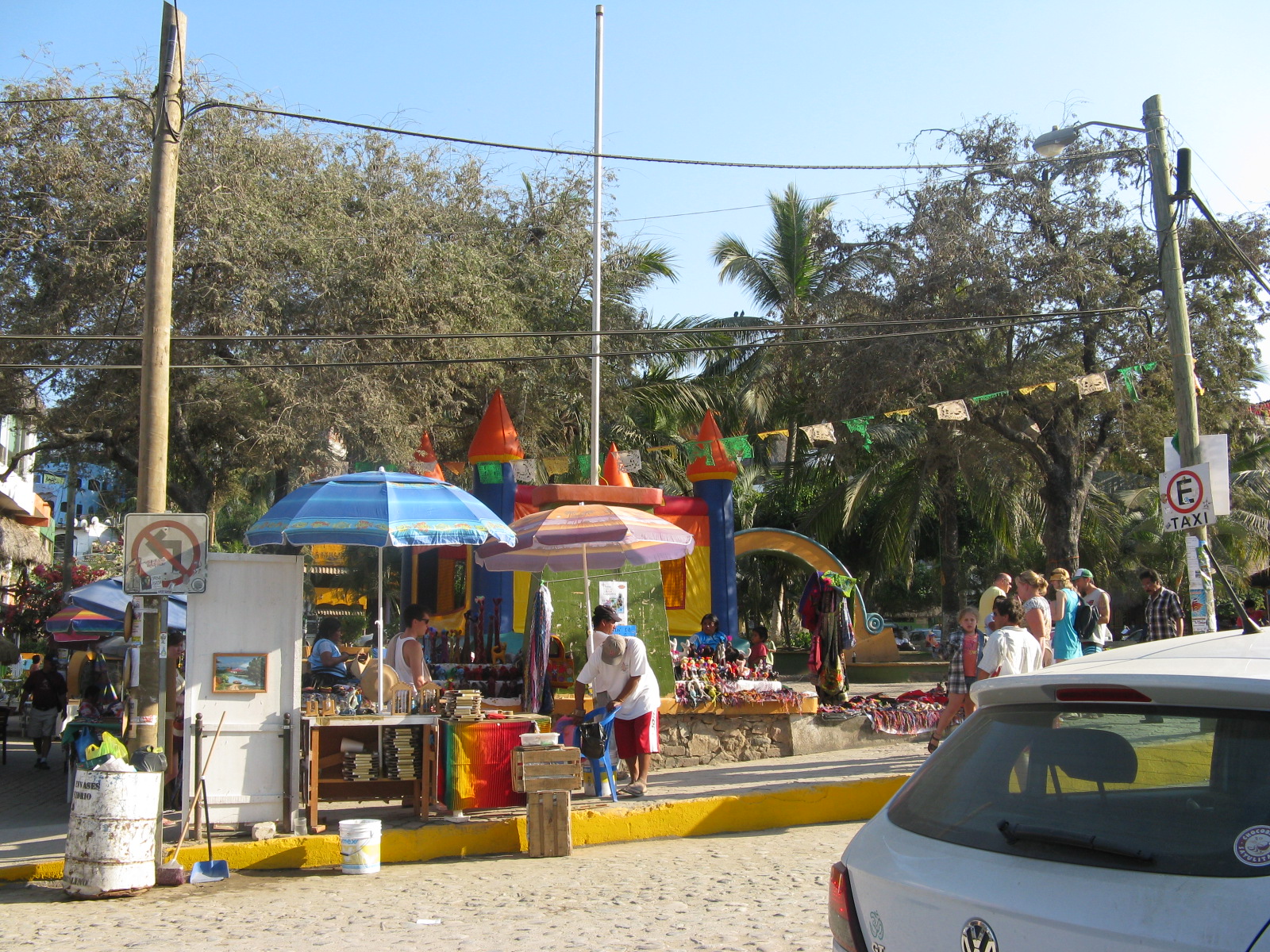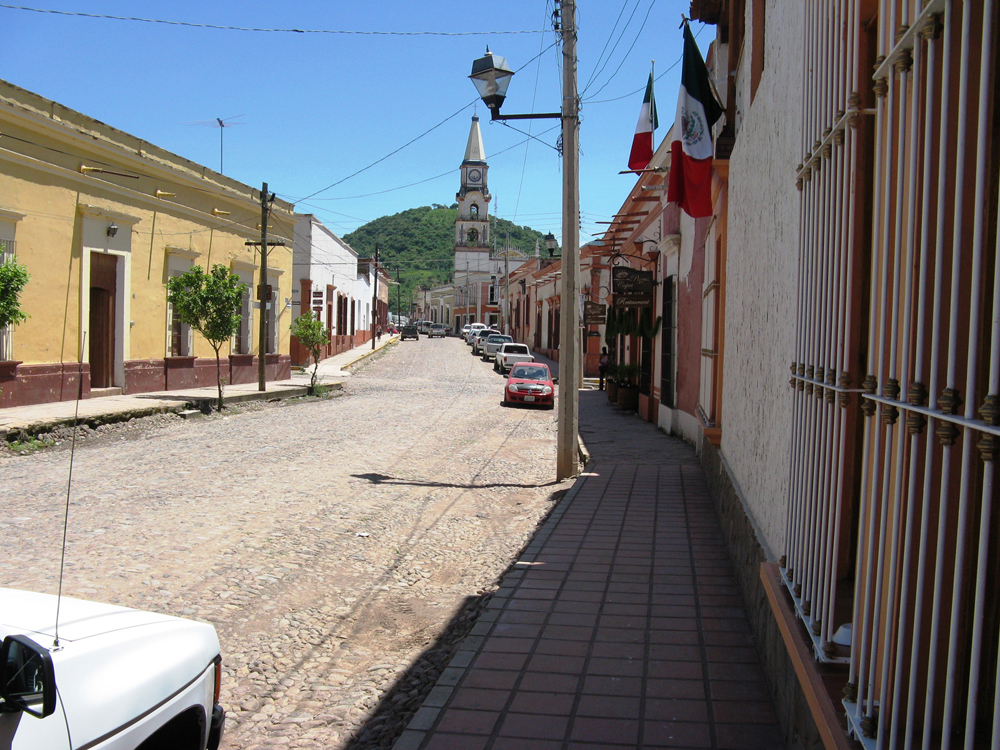Internal trade barriers an ‘invisible monster’ threatening economy, Paradis says
OTTAWA • It seems obvious that promoting trade between provinces would be easier if truckers didn’t need to change tire sizes just to transport their goods to market.
But that is just one example of the roadblocks that still exist in Canada’s regulatory landscape.
There are other hurdles of red tape that businesses must clear before they can operate or invest across borders; labour mobility has been another stumbling block.
There are too many impediments here
Industry Minister Christian Paradis likens these internal trade barriers to “an invisible monster� that is eating away at tens of billions of dollars in economic productivity each year.
“There are too many impediments here. We cannot do business among each other,� said Mr. Paradis, who is this year’s chairman of the Committee on Internal Trade (CIT), an offshoot of a 1995 agreement between federal, provincial and territorial governments to harmonize barriers to trade, investment and mobility.
Slaying that “invisible monster� remains a work in progress.
“It has to become visible, and we need to all be aware of it to ensure we combat it, and make sure we have open markets everywhere in Canada,� the minister said in an interview Thursday, after speaking at a symposium on trade barriers in Ottawa.
“It’s easier for us to go into China or Romania than to go into Quebec. It doesn’t make sense.�
Related
The 100 or so who gathered in Ottawa — government and business representatives, as well as public policy experts and academics — were asked to access the track record of the 1995 Agreement on Internal Trade and make recommendations at CIT’s annual meeting, set for the fall and likely to be held in Ottawa.
The federal government says CIT has made progress in areas such as labour mobility for regulated occupations, and freer trade in agricultural products.
Some provinces have already moved ahead with harmonization. For instance, the New West Partnership Trade Agreement — initiated in 2010 — integrates cross-border regulations between British Columbia, Alberta and Saskatchewan.
In his speech Thursday, Mr. Paradis said “we need to build off agreements such as the New West Partnership.�
“These provinces have become an economic powerhouse with a combined GDP of $500-billion and a market of nine million Canadians. That translates into money in the pockets of our entrepreneurs.�
It might seem silly, but this is the state of the matter here
The tire-size example speaks volumes for the harmonization problems still facing the country.
“If you are a trucking company, you have to change your tires on your van depending on which province you are in,� Mr. Paradis told the Financial Post.
This only adds to the costs for businesses and cuts into the country’s overall economic growth, he said. “It might seem silly, but this is the state of the matter here.�
Martin Lavoie, director of policy at Canadian Manufacturers Exporters, says is if a truck is carrying a large load — such as an aircraft fuselage — to Toronto from Halifax, for example, “all provinces will have different rules with respect to when you can go on certain types of highways and roads.�
“If you need to cross three or four provinces to get your fuselage to Ontario you might face less regulations if you bring it to the port of New York and put it on a truck directly to Toronto.�
Some estimates put the cost to the economy of undue red tape at as much as $50-billion a year.
“It’s hard to put a number on it, but we know there is a problem,� Mr. Paradis said.
As CIT chair, the minister hopes to raise public awareness of the problem, along with political awareness. His goal with other levels of government is to reform rules so they are fully harmonized, such is the case with the New West Partnership.
He also wants simplified business registrations and reporting methods, along with more consistency between international and internal trade rules, and the removal of barriers created unilaterally by federal regulators.
“These will be the four pillars that I think we can achieve.�
Mr. Paradis acknowledged that Ottawa is not without overlapping jurisdictions among its own departments.
“I want to make sure the Feds are seen as not just talking the talk but walking the walk. We want to lead by example. We are seriously committed to make sure we clean our own shop.�
Article source: http://www.canada.com/Internal+trade+barriers+invisible+monster+threatening+economy+Paradis+says/8522607/story.html



















